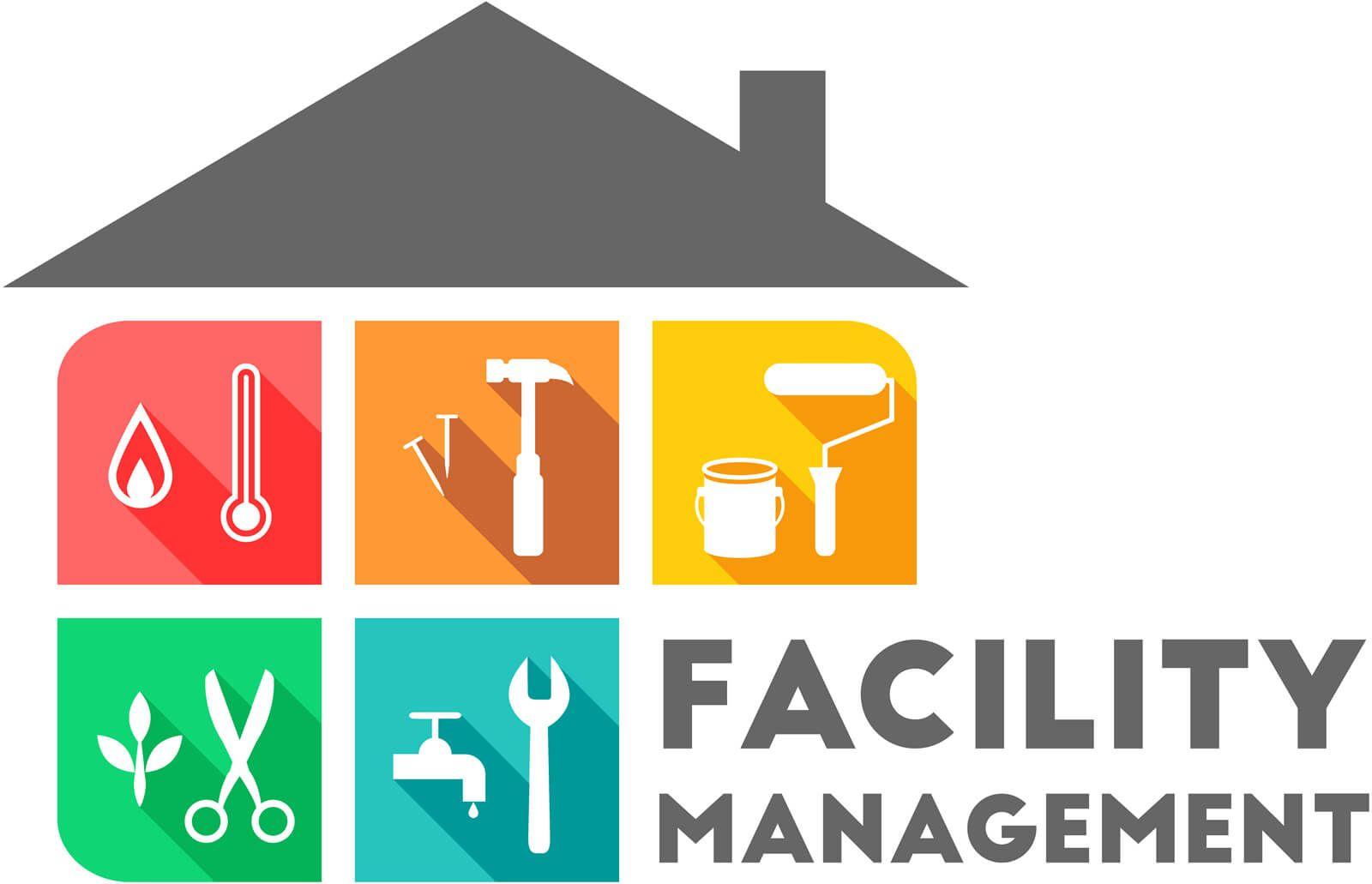The global facility management services industry is a highly competitive and fragmented arena, where a vast number of providers, ranging from global behemoths to local family-owned businesses, compete for contracts across a wide array of building types and client segments. This intense rivalry is fueled by the market's substantial size and the relatively low barriers to entry for basic, single-service offerings like cleaning or security, which creates a highly commoditized and price-sensitive environment at the lower end of the market. The nature of the Facility Management Services Market Competition is multifaceted, with companies competing on a wide range of factors including price, scope of services, technological sophistication, service quality, and sustainability credentials. The competitive landscape is largely defined by a fundamental tension between the scale and efficiency of large Integrated Facility Management (IFM) providers and the specialized expertise and personalized service of niche players, creating a complex and challenging environment where providers must constantly innovate and refine their value propositions to differentiate themselves.
The competitive strategies employed by providers are tailored to their specific market position and target clientele. The global IFM leaders, such as ISS, Sodexo, and the major real estate service firms, compete on the basis of their ability to provide a comprehensive, one-stop-shop solution for large, multinational corporations. Their core strategy is to leverage their immense scale to drive down procurement costs, standardize service delivery processes across a client's global portfolio, and invest in sophisticated technology platforms that smaller competitors cannot afford. They engage in a consultative sales process, positioning themselves as strategic partners who can help clients optimize their real estate and workplace strategies, moving the conversation away from cost and towards value. In stark contrast, smaller, local, or regional providers compete on the basis of agility, customer intimacy, and specialized expertise. Their strategy is often to build deep, trust-based relationships within their local communities or to become the undisputed expert in a particular service line or industry vertical, such as healthcare facilities, which have unique compliance needs.
The future of competition in the facility management market will be increasingly defined by the ability to deliver data-driven insights and to create superior workplace experiences. The competitive battleground is shifting from a focus on cost-per-square-foot to a focus on the value delivered per employee or the total cost of asset ownership. Providers will compete on the sophistication of their data analytics capabilities, using insights from IoT sensors and workplace management systems to help clients optimize space utilization, improve energy efficiency, and create healthier and more productive environments. The Facility Management Services Market is expected to reach USD 55.3 billion by 2035, growing at a CAGR of 3.34% during the forecast period 2025-2035. Furthermore, as sustainability becomes a non-negotiable aspect of corporate strategy, a provider's ability to offer and document green cleaning programs, waste reduction initiatives, and energy-saving measures will become a critical competitive differentiator, essential for winning and retaining clients who are under pressure to meet their own ESG goals. The ultimate winners in this crowded market will be those who can successfully blend operational excellence with a deep, strategic understanding of their clients' evolving business needs.
Top Trending Reports -



